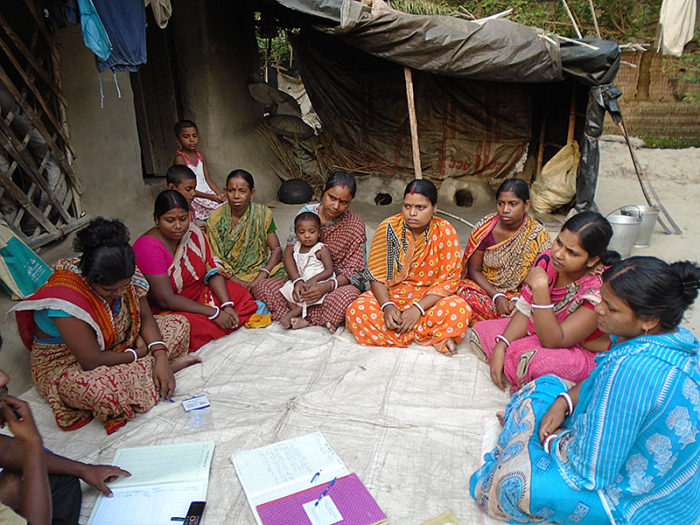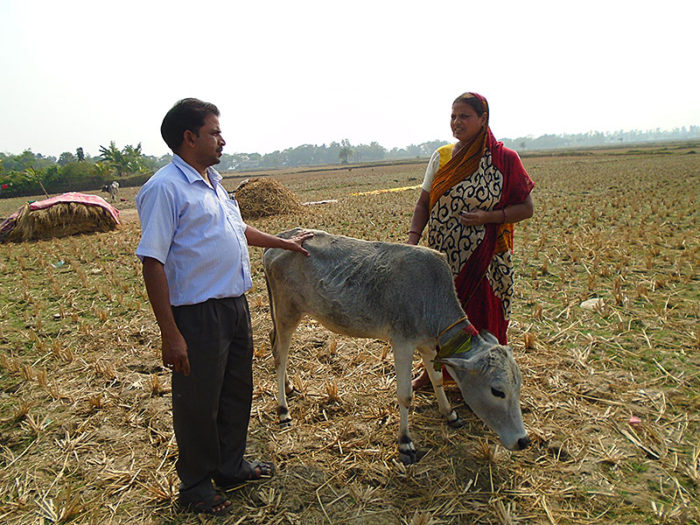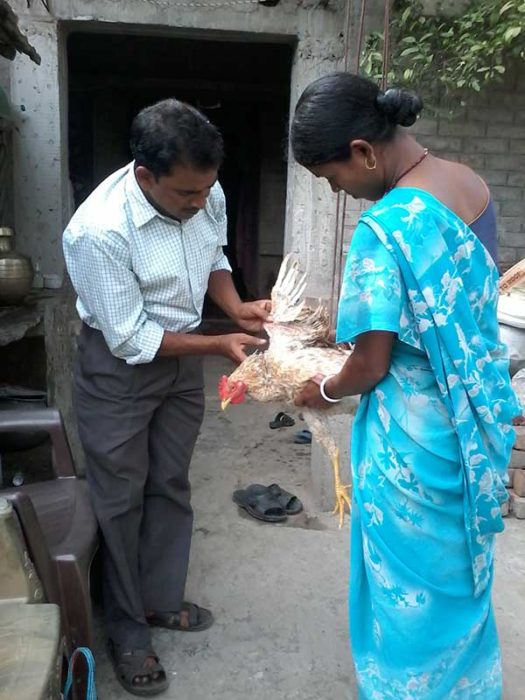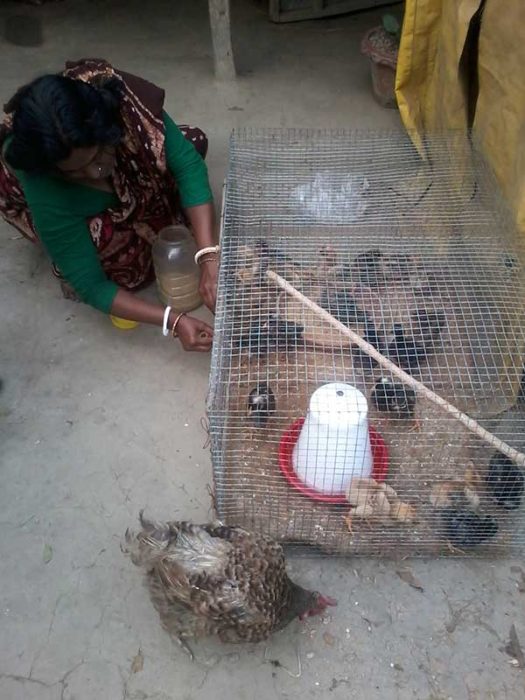Livelihood - a bird's eye view
"If one can create an honourable livelihood, where she or he take own skills and use them and earn a living from it, it gives the person a sense of freedom and allows to balance life the way one wants to live."
Livelihood is a set of economic activities, involving self-employment and/or wage-employment by using one’s endowments (human and material) to generate adequate resources (cash and non-cash) for meeting the requirements of self and the household, usually carried out repeatedly and as such become a way of life.
Ideally, a livelihood should keep a person meaningfully occupied, in a sustainable manner, with dignity. Livelihoods, therefore, go far beyond generating income. A livelihood is much more than employment.
Less than 10 percent of rural workers in India are employed on a regular basis. Poor rural households engage in more than one activity for their livelihoods. In the current decade, according to estimates of the Planning Commission for the Tenth Five Year Plan, more than 10 million people in India will be seeking work every year. Thus, to ensure full employment within a decade, more than 10 million new livelihoods will have to be generated every year. Given the magnitude of the problem, and the dearth of resources for livelihood promotion, the task of promoting livelihoods for the poor becomes all the more urgent. It calls for organizations to use their resources optimally to achieve maximum scale.
The primary reason to promote livelihoods is the belief in the essential right of all human beings to equal opportunity. Poor people do not have life choices nor do they have opportunities. Ensuring that a poor household has a stable livelihood will substantially increase its income, and over a period of time, asset ownership, self-esteem and social participation.
The second reason for livelihood promotion is to promote economic growth. The ‘bottom of the pyramid’ comprising nearly 4 billion out of the 6 billion people in the world, who do not have the purchasing power to buy even the bare necessities of life – food, clothing and shelter. But as they get steadier incomes through livelihood promotion, they become customers of many goods and services, which then promote growth. The third reason for promoting livelihoods is to ensure social and political stability. When people are hungry, they tend to take to violence, crime.
Thus, we see that there are idealistic, utilitarian and plain self-interest based arguments for livelihood promotion. But whatever be the reason, we need to worry about – how to promote livelihoods?
Livelihood Intervention
Livelihood interventions are conscious efforts by an agency or an organization to promote and support livelihood opportunities for a large number of people (other than those directly or indirectly employed by them). Government of India has been one of the largest agencies involved in such livelihood promotion efforts. However, the cooperative sector, the corporate sector as also the NGO sector has also contributed to promoting livelihoods.
Livelihood Promotion by SPADE
Livelihood Promotion has always been our strength. We strongly feel that by forming institutions at the grass root level and making them self-reliant and dynamic, we prepare the scene for livelihood interventions, carefully cultivated member-specific Income Enhancement Plan. This step by step approach has been uniquely designed by SPADE.
In planning new development activities, SPADE has drawn on the principal factors that affect poor people's livelihoods and the relationship between these factors. It has used these antecedents as basic guidance to address and overcome poverty. Sustainable livelihood is a major component in SPADE's vision of an integrated drive for poverty alleviation. It has placed the vulnerable poor at the centre and tried to connect or elevate them, through necessary facilitation, to livelihood measures that are in congruence with their capacity.
Supported by the State Urban Development Agency, SPADE advocated Livelihood Promotion through Strengthening Thrift and Credit Groups & Urban Women Self-help Programme Groups, Household-level Income Enhancement Plan (HLIEP) Preparation for the members and Facilitation support in Implementation of the HLIEPs.
Apart from these to enhance and promote livelihoods SPADE continuously organizing Vocational Training Program on Financial Accounting, Horticulture & Agro Farming, Bamboo Craft Training, Goat Rearing and Tailoring.
SPADE's special focus on preparation of MIP/MCP from the very beginning stage in WSHGs got immense admiration in this domain.








